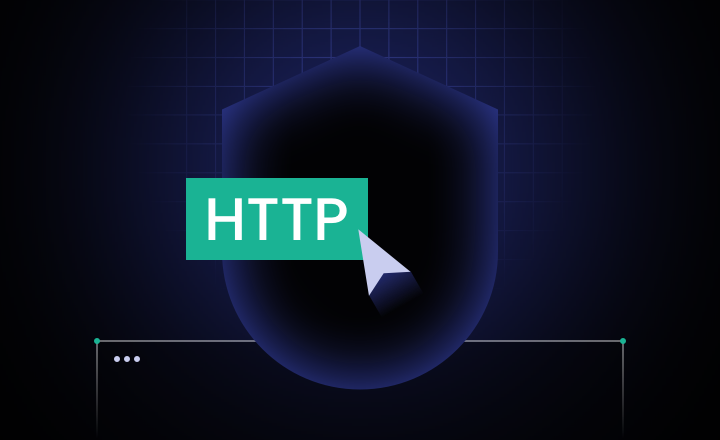
<p>Privacy protection and anonymity are becoming increasingly important in online activities. Many users choose proxy services to safeguard their privacy. Among them, <a href="https://lokiproxy.com/" rel="noopener noreferrer" target="_blank">residential proxies</a>, which utilize real residential IPs, not only enhance anonymity but also help bypass geo-blocking and IP restrictions. However, there are clear differences between fingerprint browsers and ordinary proxies. Understanding these differences can help you make the best choice based on your specific needs.</p><p><br></p><h4><strong>1. How Fingerprint Browsers Work</strong></h4><p>Fingerprint browsers operate differently from traditional browsers. They generate a "fingerprint" based on various device characteristics, such as the operating system, browser type, screen resolution, etc. By simulating these device features, fingerprint browsers keep each web request anonymous and hard to track, making it difficult for websites to identify or trace users. This technology is especially useful for high-security situations that require keeping the user’s identity concealed.</p><p>In contrast, ordinary proxies simply forward the user's internet traffic through a proxy server, changing the IP address. This effectively hides the user's location but does not alter the device's fingerprint, making it vulnerable to fingerprint recognition technology. When facing advanced fingerprint detection methods, ordinary proxies may not offer sufficient protection.</p><p><br></p><h4><strong>2. Security and Anonymity</strong></h4><p>Fingerprint browsers offer a higher level of security and anonymity. They can hide the IP address while also mimicking different device fingerprints, preventing websites from identifying the user’s device. This extra layer of protection is ideal for users who need to maintain high privacy, such as when scraping data or conducting automated tasks.</p><p>Ordinary proxies primarily rely on changing the IP address to mask the user's location. While they can effectively hide the user's IP, if a website employs advanced fingerprinting methods, the user’s identity may still be detected. Therefore, ordinary proxies are more limited in protecting privacy compared to fingerprint browsers.</p><p><br></p><h4><strong>3. Use Cases</strong></h4><p>Fingerprint browsers are particularly suitable for situations where high anonymity and identity protection are required. For example, in competitor analysis or data scraping, users want to avoid being detected or blocked. In these cases, fingerprint browsers provide an effective solution for hiding the user’s identity.</p><p>Ordinary proxies are more commonly used for everyday tasks like bypassing geo-blocks or simply hiding the real IP. For these general needs, ordinary proxies are sufficient, but when more advanced protection is needed, fingerprint browsers are the better option.</p><p><br></p><h4><strong>4. Speed and Stability</strong></h4><p>Fingerprint browsers typically provide stable and fast connections, especially when using high-quality residential proxies. They ensure smooth browsing experiences, particularly when handling high-frequency data scraping or automation tasks. Their stability is superior to most ordinary proxies, especially in large-scale operations.</p><p>Ordinary proxies' speed and stability can be affected by server load. When many users share the same server resources, network latency or slower speeds may occur. Choosing a high-quality proxy server can help mitigate this issue, but the cost may be higher.</p><p><br></p><h4><strong>5. Cost Considerations</strong></h4><p>Fingerprint browsers are generally more expensive because they involve more advanced technology and higher privacy protection. For users who need frequent data scraping or high-level privacy protection, this investment is worthwhile.</p><p>In contrast, ordinary proxies are more cost-effective, suitable for users with a limited budget. For simple anonymity needs, ordinary proxies are an affordable option. However, if the need for privacy becomes more frequent or complex, fingerprint browsers become the ideal choice.</p><p><br></p><h3><strong>Conclusion</strong></h3><p>In summary, fingerprint browsers and ordinary proxies each have their strengths. Fingerprint browsers are better for high-privacy and identity protection requirements, while ordinary proxies are more suitable for everyday anonymous browsing and basic geo-block bypassing. When choosing the right proxy solution, it's important to assess your specific needs and select the most appropriate technology. For higher privacy and network security, consider using a more advanced <a href="https://lokiproxy.com/" rel="noopener noreferrer" target="_blank">proxy server</a>.</p>
